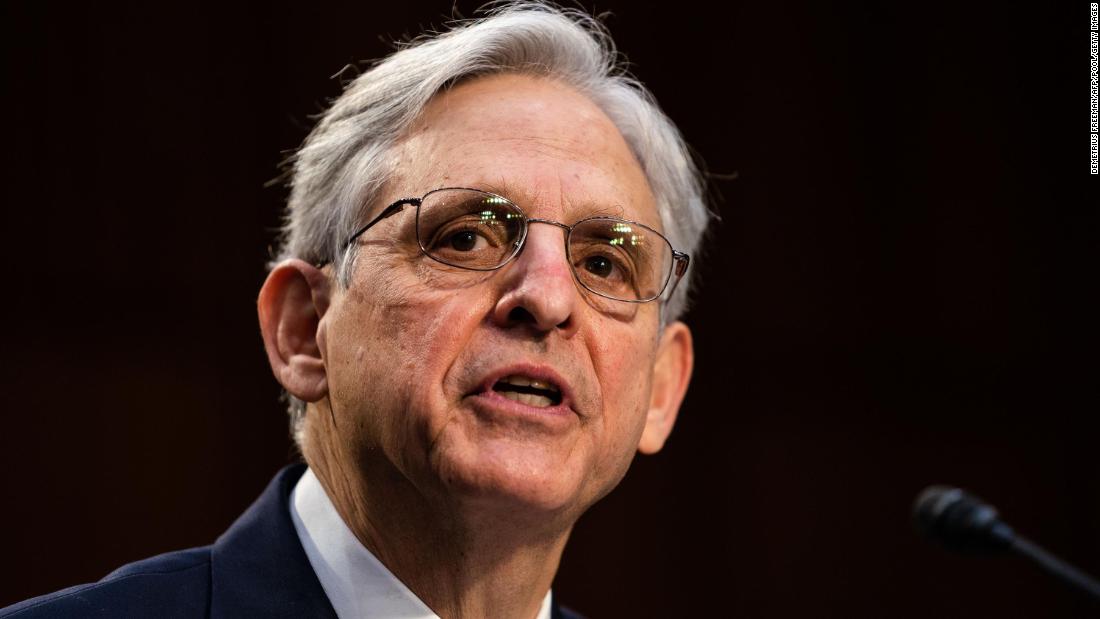The vote was 15 to 7 with all Democratic and four Republican senators in favor of the nominee.
Garland, the former chief judge of the US Court of Appeals for the DC Circuit, was praised by members of both parties for his intellect and integrity. He promised at his nomination hearing last month to “ward off any effort by anyone” to politically influence the Department of Justice’s investigations, and that his first priority would be to fully prosecute the “heinous” crimes committed in the attack on the United States Capitol on january 6
“He’s a man of extraordinary qualifications,” Illinois Democratic Senator Dick Durbin, chairman of the Judiciary Committee, said on Monday. “His life was dedicated to public service and the promotion of values that are vital to the functioning of the Department of Justice, integrity, independence, loyalty to the rule of law and commitment to equal justice for all.”
“The president has made it very clear in all public statements before and after my appointment that decisions on investigations and prosecutions will be left to the Department of Justice,” said Garland. “That was the reason why I was willing to take this job.”
Iowa Senator Chuck Grassley, the top Republican on the Judiciary Committee, supported Garland, calling him an “honorable man” with a “big job” ahead of him to defend the department’s integrity.
“It will be up to him to prevent the Department of Justice from becoming a department of social justice,” said Grassley. “I believe he said that this is not what he wants.”
Senator Ted Cruz of Texas was one of seven Republicans who opposed Garland’s nomination. He argued that Garland did not answer questions about weapons, immigration and other policies and would not agree to a personal meeting. Cruz said the panel’s vote would set a precedent where an appointed attorney general could “essentially refuse to answer all questions” and the Senate majority would still confirm it. “It is a precedent that I predict will come back to haunt this committee,” said Cruz.
Durbin said that Garland answered all 127 written questions from Cruz and offered to meet Cruz during Zoom due to the health problems of the pandemic.
In March 2016, then President Barack Obama appointed Garland to serve as a judge on the Supreme Court. Senate Republicans blocked his nomination, claiming that the public should vote for the next president to decide the nomination for life. Still, in September 2020, then President Donald Trump appointed Judge Amy Coney Barrett to the Supreme Court and on October 26, about a week before election day, she was confirmed by the Republican-controlled Senate.
Before becoming a judge, Garland served under President Bill Clinton’s deputy attorney general, Jamie Gorelick, and led the Justice Department’s investigation into the Oklahoma City bombing in 1995.
“I come from a family where my grandparents fled anti-Semitism and persecution,” said Garland. “The country welcomed us and protected us. I feel an obligation to the country to give back.”
This story was updated with further developments on Monday.
CNN’s Jeremy Herb, Ted Barrett and Kristin Wilson contributed to this report.
